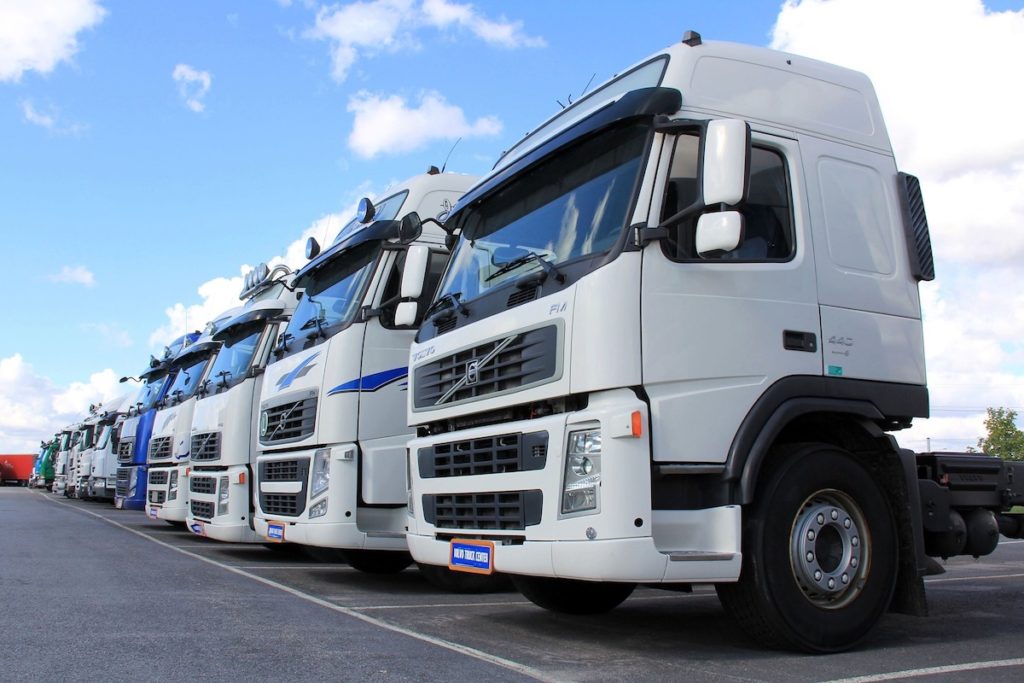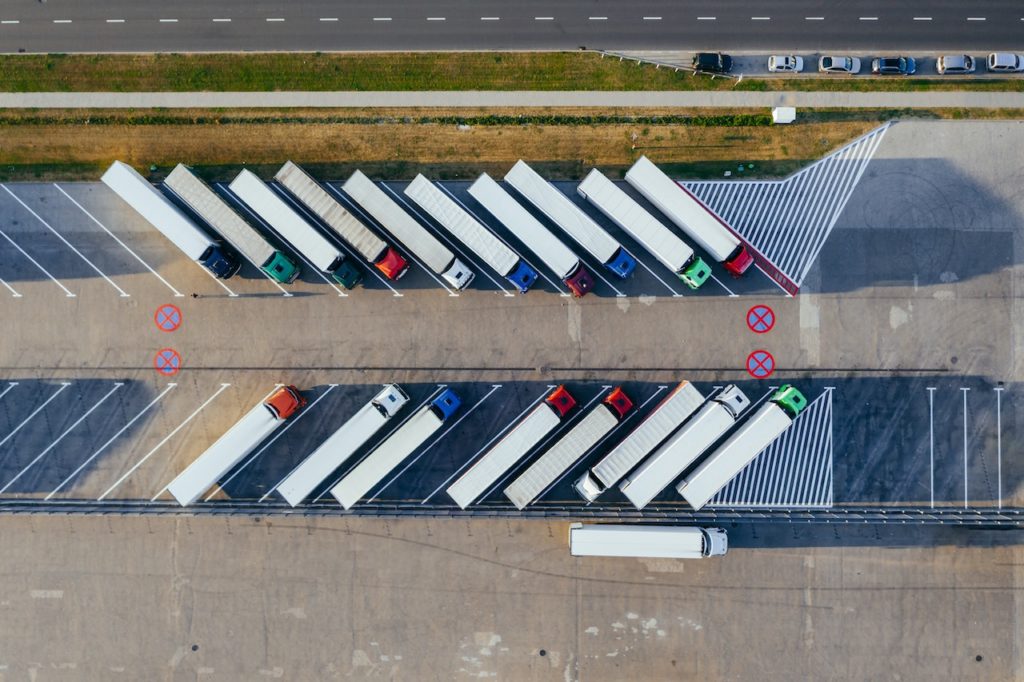What Are The Different Types Of Freight Carriers In Logistics?
To establish a reliable transportation system, you must build a strong relationship with an experienced freight carrier. There are many different types of carriers in logistics that serve different needs and wants.
If you own a business and plan on transporting goods, you need to know about these carriers to determine which best suits your needs. After all, the freight carrier you choose has the potential to make or break the success of your business. Selecting the wrong freight carrier could lead to delayed shipments, increased costs, and unsatisfied customers.
Since we want you to succeed, our team at Pillow Logistics explains the different types of freight carriers in logistics. We’ve also shared how you can choose a suitable carrier so that you can choose the best delivery mode for your company.
What Exactly Is A Freight Carrier?
Before we can look at the different types of freight carriers, we want to briefly discuss what a freight carrier is. Essentially, a freight carrier is an individual or company like Pillow Logistics that transports goods to a pre-determined destination on behalf of a shipper.
Unlike a freight carrier, a shipper is a company or individual that makes or has the goods that need to be shipped. Which freight carrier you need to use will depend on what you need to ship and how quickly the goods have to reach their destination.

What Types Of Freight Carriers Are in Logistics?
Now that you know what a freight carrier is, we can look at the different types of freight carriers in logistics. The four types of freight carrier categories are ocean freight, air freight, trucking, and railway freight. There are many different types of freight carriers within each shipping network, and we explain few of the most popular options below.
- Local Freight Carriers
Did you know that local carriers (small-sized trucks) make up approximately 60% of all motor carriers in the US? As their name suggests, local carriers typically operate within a limited area of between 80 to 100 miles.
In most instances, local freight carriers are the least expensive option if you need to have your goods delivered. Local freight carriers provide door-to-door services and are generally more flexible than other types of carriers.
You will generally find that local freight carriers offer customers more customized service and that they are the best solution for short-distance shipments and last-minute shipping needs.
- Regional Freight Carriers
Most mid-size motor carrier companies are regional carriers. Regional freight carriers often offer delivery to a person’s home or business and one-stop shipping. Some regional freight carriers can pick up stock from numerous locations if they have an established network of safe terminals or truck stocks.
Unlike local freight carriers, regional freight carriers operate in a more extensive area and have better equipment and more drivers. Yet, although their area coverage is broad, they still only cover a particular geographical region. Ultimately, regional freight carriers offer consumers a more extensive list of services and faster transit times.
- National Freight Carriers
As its name suggests, national carriers are a type of carrier that delivers goods across the country. National freight carriers are the largest freight carriers because they move shipments throughout a country. Typically, national freight carriers provide different delivery methods because they have a significantly more extensive network of regional towns and cities across the US.
Unsurprisingly, national carriers provide more service options than local and regional carriers, yet they’re more expensive. In most cases, national freight carriers serve large companies and partner with local and regional carriers.
- Common And Contract Freight Carriers
Two other types of freight carriers are common and contract freight carriers. Contract carriers partner with select shippers with whom they have entered into a contract. Usually, these contracts detail the agreed pricing, discounts, types of goods to be shipped, and specialized services.
In contrast, common freight carriers carry out the freight shipping needs of the public. In addition, common carriers are restricted in the rates they can set, while contract carriers can negotiate the rate they want with a shipper. An example of a common freight carrier is FedEx (they are also a contract carrier), and DHL is an example of a contract carrier.

How To Choose The Right Carrier
To run a successful business that sells goods to the public, you must choose the right carrier. You risk your reputation, profits, and customer base without a reliable freight carrier. Since it’s challenging to select a suitable carrier, we have shared a few of the best tips for choosing a trustworthy carrier.
- Reliability: Read reviews and testimonials about the freight carrier you want to use. By reading reviews and testimonials, you’ll be able to determine if they are reliable and consistently deliver goods on time without damage.
- Stability: It might not seem like a key consideration, but it’s important to find out how long a carrier has been in business and how long it’s expected to continue operating. After all, you need a stable delivery network for your business to continue operating successfully. Thus, it’s best to choose a freight carrier with years of experience that’s likely to stay in business for years into the future.
- Cost, time, and quality: You need to determine if the freight carriers’ costs allow you to still make a profit and if you’re getting value for money. You need to ask if there are discounts for bulk orders and if you receive cash back if orders are late or damaged. In addition, you need to know if the carrier you choose can deliver your stock on time to your chosen destination.
- Services: Find out if the freight carrier you want to use handles the freight you need to be shipped. For example, if you need stock shipped locally, but it has to be kept cold, you need to determine if a local carrier can deliver to the location you have in mind by using a refrigerated truck. Some carriers offer cross-docking services to eliminate or minimize a shipper’s storage needs.
- Customer service: When choosing a freight carrier, it’s a good idea to read reviews about their customer service. At some point, you might need to make a complaint or query. So it’s a good idea to know if the carrier’s customer service department would resolve your question promptly and with a pleasant demeanor.
- Capacity: It doesn’t help to choose a carrier that cannot deliver the amount of freight you want to ship. Some carriers have limits on how little or how much they can ship, so it’s best to determine this before signing a contract or making an order.
- Safety: Many people often overlook carriers’ safety ratings. It is essential to know if the carrier you’ve selected is known for following safety guidelines with its drivers and equipment. After all, if a company doesn’t follow safety recommendations, deliveries could end with damaged goods and a loss of profits and reputation.
Speak With An Expert At Pillow Logistics To Discuss Your Freight Needs
Now that you know the different types of logistics freight carriers, you can decide which company suits your delivery needs. Should you need freight services in Indiana or Kentucky, consider Pillow Logistics. Our company has a reputation for successfully delivering freight on time.
Unlike other freight carriers, we also work collaboratively with shippers to help them ensure their business thrives by developing a winning logistics strategy according to their needs. So get in contact with us to discuss your freight needs.

